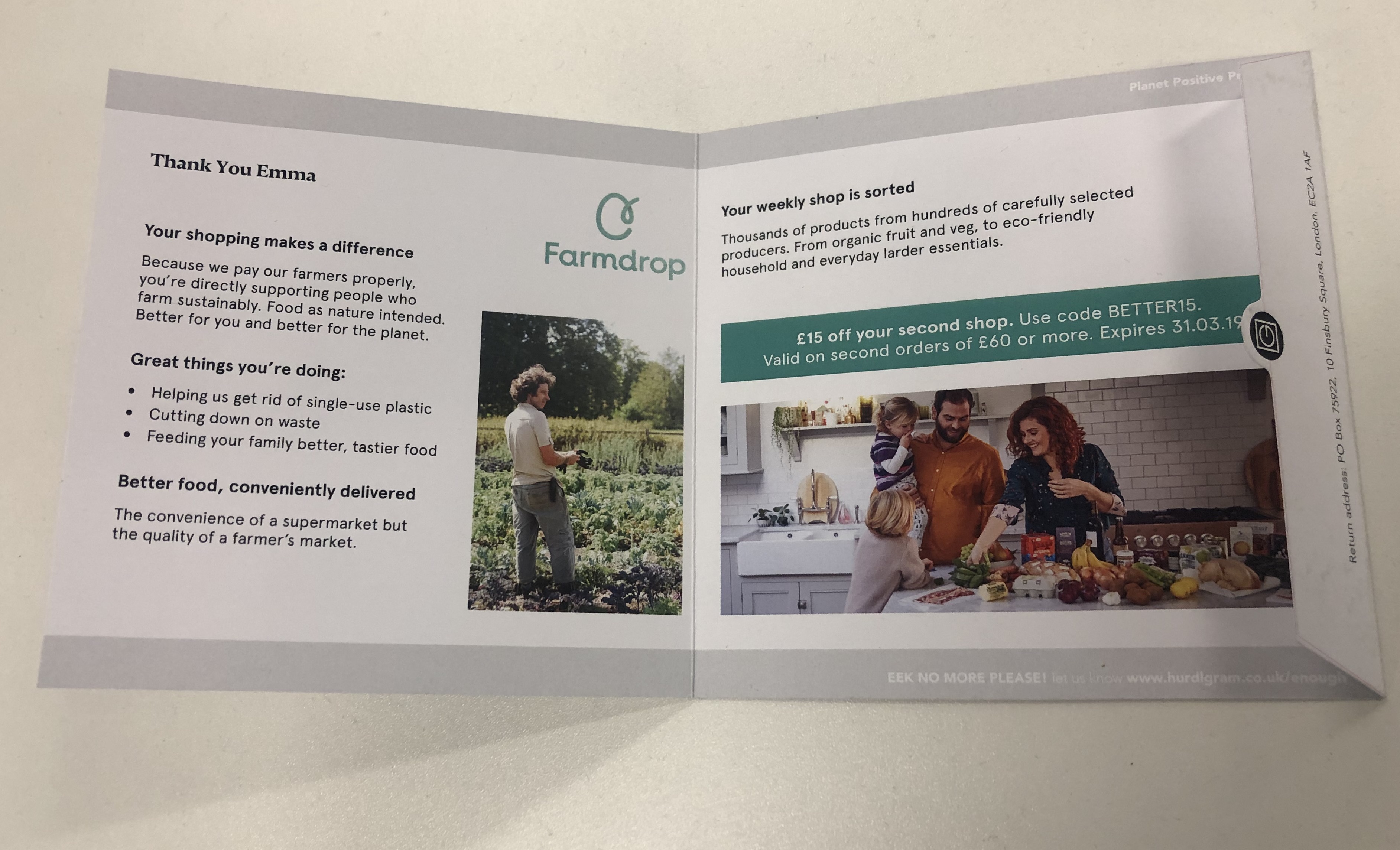[ad_1]
Despite consumers’ now-routine use of mobile digital devices, interestingly most still make the majority of online purchases at home. This is particularly the case with higher value purchases, such as holidays, long distance travel and ‘bucket list’ tourism outlay.
There they can review the often-baffling array of options and rival destinations at their leisure and discuss them at greater length with their families and other halves before actually buying.
And with buyer fatigue, from the high volumes of digital messages they are blitzed with every day – both on their own devices and a variety of other screens as they go about their lives – travel sector marketeers are seeking innovative solutions that neatly combine a superior customer experience and credibility of offline with their online tactics.
Some 87% of consumers rate mailed marketing messages as believable, compared with only 48% for e-delivery. Meanwhile, 70% feel valued by the sending company and 70% say it gives them a better impression of the organisation, according to a recent Royal Mail report titled The Value of Mail in Uncertain Times.
“There is a high propensity for customers returning from a holiday to book another one to shake off the post-holiday blues”
Clearly, all these factors are absolutely crucial in high value travel and holiday spending, where bringing a decision prompt to the home is a potent way of reaching a buyer who has expressed an interest in your product and influence their thought processes.
Equally, we know there is a high propensity for customers returning from a holiday to book another one to shake off the post-holiday blues. A personalised message to customers reminding them of their recent holiday experience and presenting them with targeted recommendations for another break is just the ticket to inspiring repeat purchases.
The travel industry can harness the merging of two worlds and capture the attention of people at the point of decision or discussion with data-driven programmatic direct mail services, like our HurdlGram product, which delivers highly targeted, personalised, ‘experience’ messaging effectively as part of a truly integrated multi-channel customer engagement strategy.
These bring together the dynamic integration of customer data from CRM systems, demographics, web browsing data and behavioural algorithms, along with flexible digital print technology capable of producing variable message prints within the same project.
They inject a physical element into decision making; if a registered customer is viewing a travel website but not buying from it, additional plausible marketing prompts can quickly follow in response, to nudge and remind and also promote add-ons (bolt-on excursions, car hire, a second discounted break).
“Today’s marketing requirements cannot be met purely online”
Today’s ‘always on’ marketing requirements cannot be met purely online. Alternative, complimentary tactics like programmatic direct mail are needed. With the capability of delivering relatively low cost, highly targeted messages direct to people’s doormats, it has already proved its worth in the US but is in its infancy in UK.
However, its combination of speed and personalisation present travel providers and holiday brands with the tools to maintain and grow relationships with their customers and continue the remarketing process in an offline environment.
The benefits of direct mail
The case for direct mail is clear, boasting between 10-30 times more response rates than any digital channel. There are several reasons for this:
- It provides strong perceived value
- It creates a physical connection
- It creates an emotional connection
- It provides a more memorable experience
- It has longevity and shareability
Of course, this does not mean that the travel industry should drop online channels for DM. Nevertheless, the manifest benefits of an experiential, physical element in the wider strategy are clear and should be considered as part of robust, vibrant, effective customer engagement.
Andrew Creed is the managing partner of Hurdle, a London-based offline performance marketing agency, which specialises in strategy, direct mail, door drops, inserts and leafleting. See www.hurdle.london and www.hurdlgram.co.uk
[ad_2]
Source link


